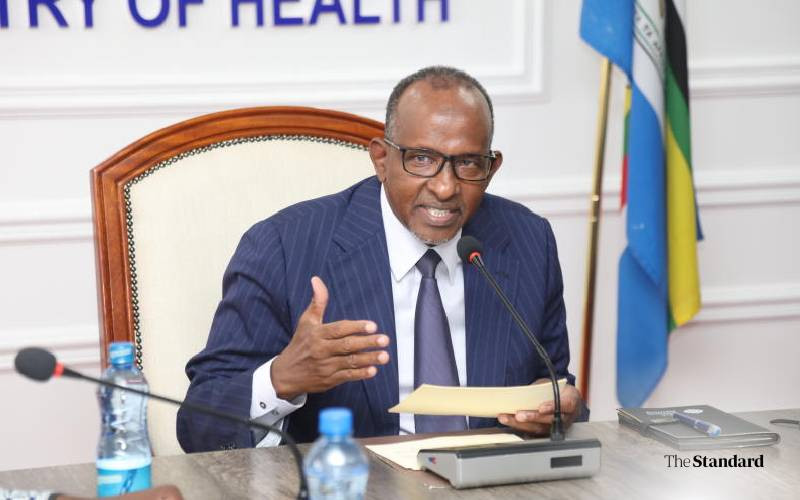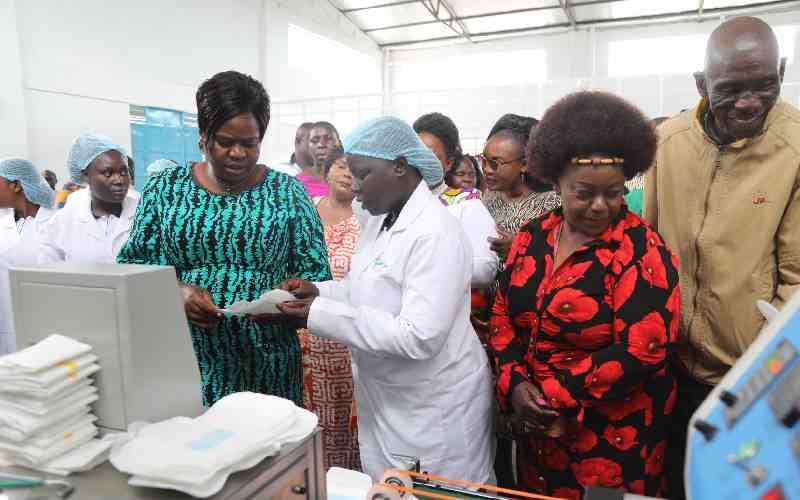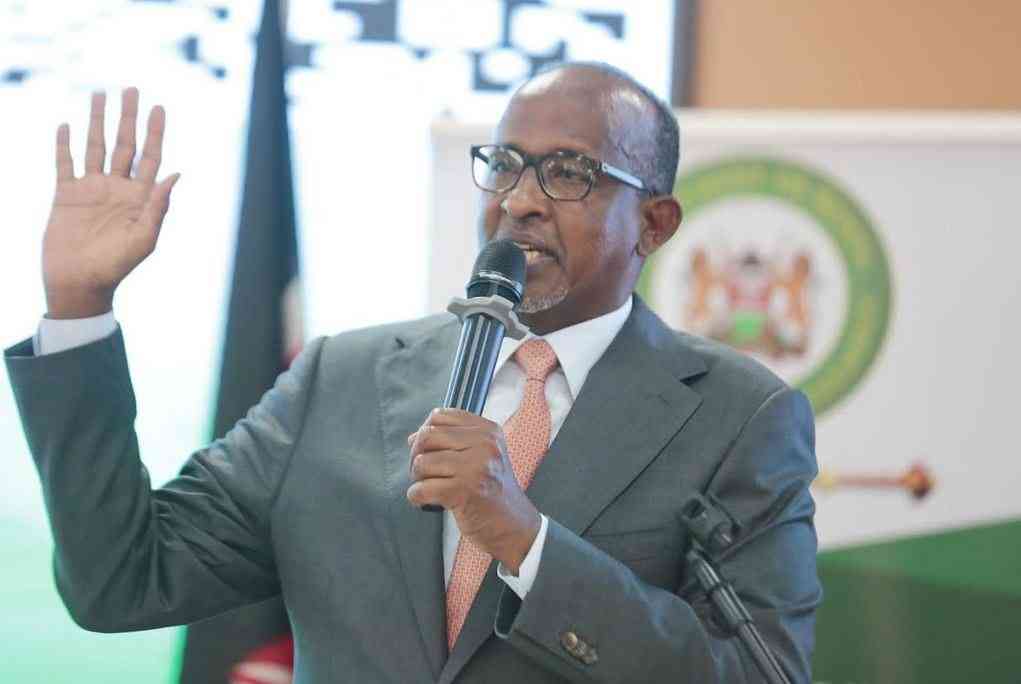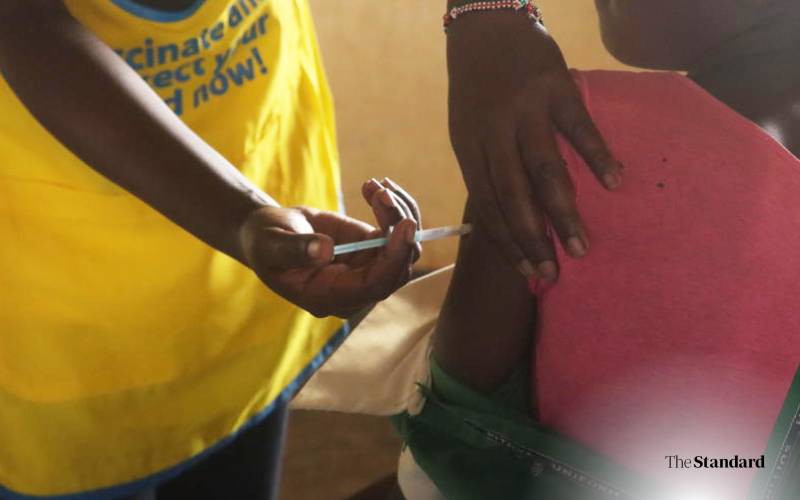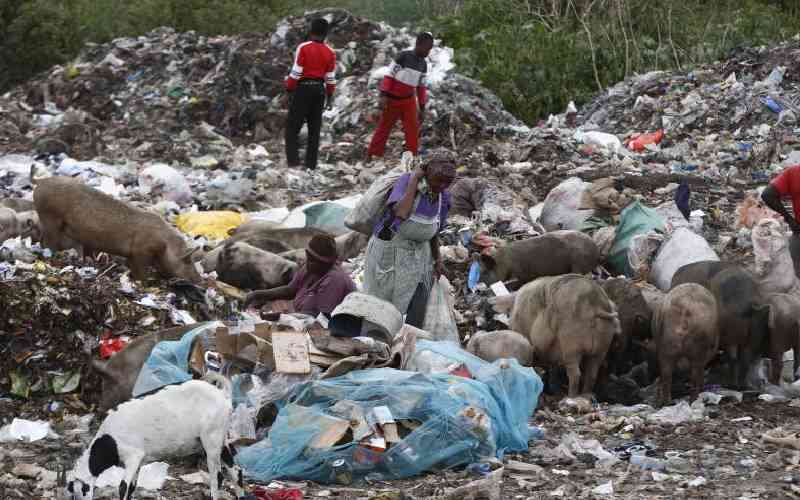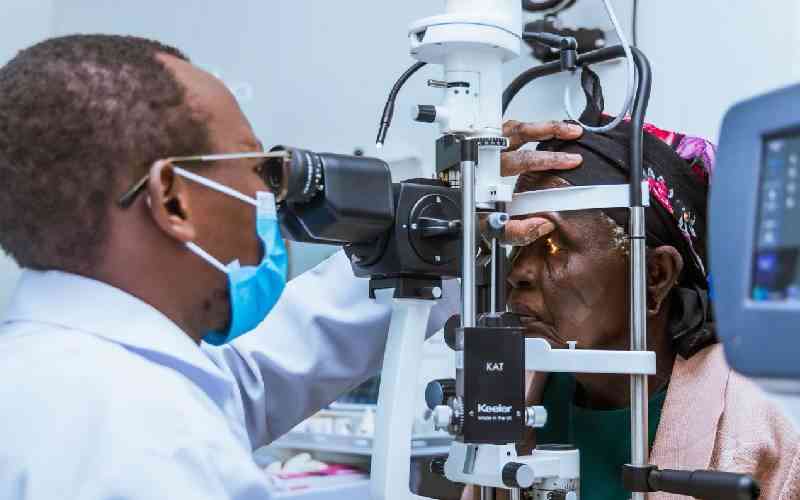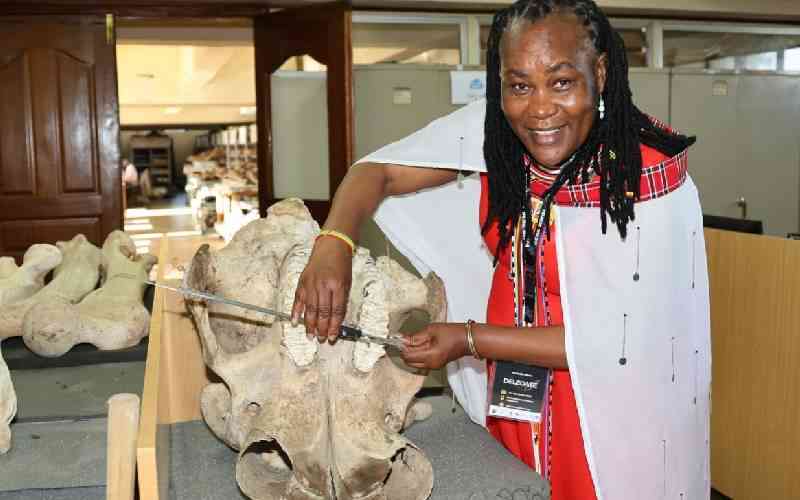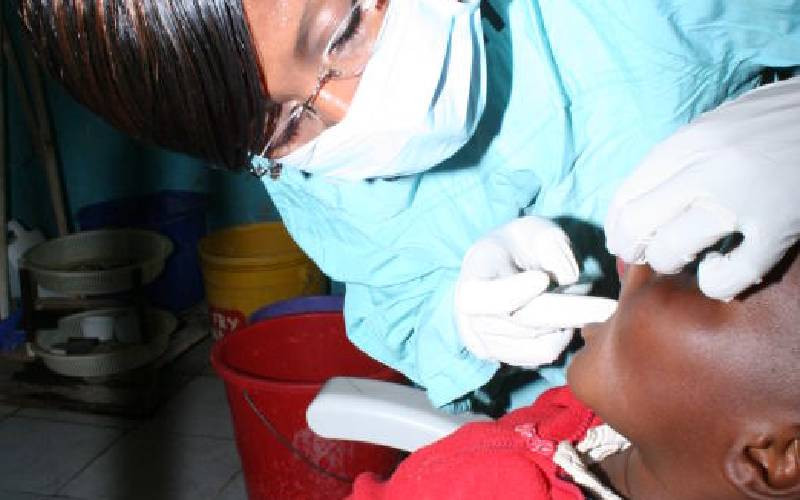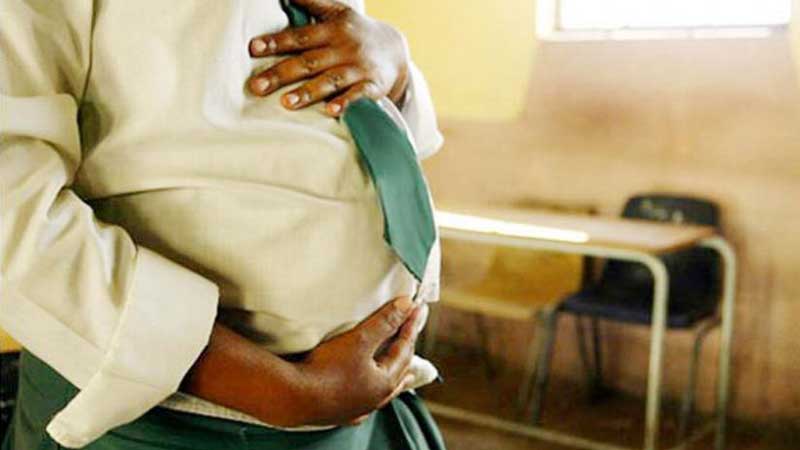
A Health ministry report shows girls in the village have sex at Form Two. The age bracket listed was 16.7 years.
The study also shows the majority do not use contraceptives until they are 22 years old and get married off at an average age of 20, the study indicates.
Girls in urban centres were said to start having sex after completing secondary school. The report comes in the backdrop of pregnancies in exam rooms during the Kenya Certificate of Primary Education.
Nearly 30 pupils gave birth during the examination. The cases were spread across the country. Some girls were also rescued while cohabiting with men.
In July, education officials were investigating how nine girls from Matutu PAG Mixed Secondary School became pregnant in three months.
The Standard visited the school and spoke to some of the effected girls, one of whom had already given birth. “I just don’t know how it happened. It was a first attempt and now I am pregnant,” the girl said.
The Ministry of Health report, conducted by the Performance Monitoring and Accountability 2020 (PMA2020), stated that girls in towns break their virginity at 18.4 years and start using contraceptives at 21.9 years.
The PMA2020 is an independent project that has since 2014 tracked contraceptive use and family planning in Kenya.
It is supported by the Kenya National Bureau of Statistics, Health ministry, NGOs and the Bill and Melinda Gates Foundation.
The results were released at the second International Conference on Maternal, New-born and Child Health in Nairobi.
PMA2020 principal investigator Peter Gichangi said, “The gap between first sex and first contraceptive use among rural women is six years and 3.5 years for urban women.”
Researchers interviewed 5,876 girls and women between November-December 2017. They sampled 151 enumeration areas drawn by KNBS.
The study called for effective plans to improve access to contraceptives information for girls aged between 15-24. It shows only 35 per cent of girls aged between 15-24 use contraceptives from public health facilities.
Public health facilities are required to offer the services to adolescents but the girls are turned away as they are considered too young. Last year, the government increased the contraceptive budget to Sh700 million.
After KCPE candidates sat their last paper on Thursday, Education CS Amina Mohamed delivered what she termed as shocking findings: nine girls had delivered babies during the examination period.
"A high number of candidates became mothers during the three days of KCPE. If this is the case all-year round, then the country could be facing a real crisis," the CS said.
The statement sparked conversation countrywide, with Kenyans taking on social media to express concern over what is now turning out to be one of the biggest headaches in the education sector.
“Who is impregnating these girls? And why aren’t they in prison for defilement?” asked Brenda Kochiel, a law student in Nairobi, on her social media platform.
The responses tilted towards teachers and schoolmates. A number of people who had given birth in their teenage years confessed that they were either lured by their teachers or classmates.
“My physics teacher would call me in the lab and promise to make me feel good. I felt like he really cared for me, until I got pregnant and he got furious. He made me feel like I would be in deep trouble if I reported him,” said one of the young mothers in a comment.
Even as the CS ordered Ministry officials to liaise with relevant stakeholders to assess the magnitude of the teenage pregnancy menace; reports from stakeholders cast a grim reality.
Statistics from the United Nations Population Fund (UNFP) indicate that between June 2016 and July 2017, 378,397 adolescents in Kenya aged 10- 19 got pregnant. Organizations working on children issues say the number could be higher than reported.
The organizations are now calling for a multi-disciplinary approach to end the vice that they say changes the dimension of childhood for the children involved.
Dr. Nelly Bosire, an Obstetrician/gynaecologist in Nairobi says having teenagers getting pregnant is lining them up for death.
“There are so many health issues involved. For most of them, the pelvises are not developed to deliver a baby. Younger mothers are also more likely to develop preeclampsia which is the second leading cause of death among pregnant women,” she says.
Irene Ochieng’ whose 14-year-old daughter gave birth a few weeks to KCPE last year says teenage pregnancy is an interruption of life that can never be undone.
“My daughter spent four weeks in hospital due to pregnancy complications. She ended up scoring low marks and we had to take her back to class seven. For now, she puts motherhood first and school second,” she says.
The government emphasises on back to school integration after birth, but psychologists say there is much more that needs to be done to ensure the teenagers are actually learning.
Ken Ouko, a medical sociologist and lecturer at the University of Nairobi, says the pressure to mature and transition from a child to a mother is extremely stressful for teenagers.
“They still need parenting, so you can imagine what it feels for them to be put in a position where they have to take up responsibilities their minds are not ready for. It can be very depressing,” he says.
He also notes that the stigma from communities where teenagers who have given birth or are pregnant are married off ruins childhood for the young mothers.
“Everywhere they go, they are socially unaccepted. For a young person, such rejection and stigma can change their perspective of life,” he says.
Elizabeth Muiruri, Regional Communications and Media Manager for Save the Children in East and Southern Africa says Kenya is losing a generation by not actively addressing the issue of teenage pregnancy.
“If the young people who should be going to school and strengthening the economy are taking care of children, then we may not achieve our development goals” she says.
She adds that the erosion of community ties that enabled teenagers to return to school while other members of society helped in caring for the baby has meant that some teenagers have to drop out of school because there is nobody to help.
“Systems should be put in place that will ensure such young people get someone to take care of their children while they go back to school if they are to concentrate in class,” she says.
Dr. Bosire says the curriculum needs to be strengthened so that sexual and reproduction issues are addressed candidly. She also says emphasis should be put on empowering teenagers to value their bodies so that they can understand how engaging in early sex can change their lives.
 The Standard Group Plc is a multi-media organization with investments in media
platforms spanning newspaper print
operations, television, radio broadcasting, digital and online services. The
Standard Group is recognized as a
leading multi-media house in Kenya with a key influence in matters of national
and international interest.
The Standard Group Plc is a multi-media organization with investments in media
platforms spanning newspaper print
operations, television, radio broadcasting, digital and online services. The
Standard Group is recognized as a
leading multi-media house in Kenya with a key influence in matters of national
and international interest.

